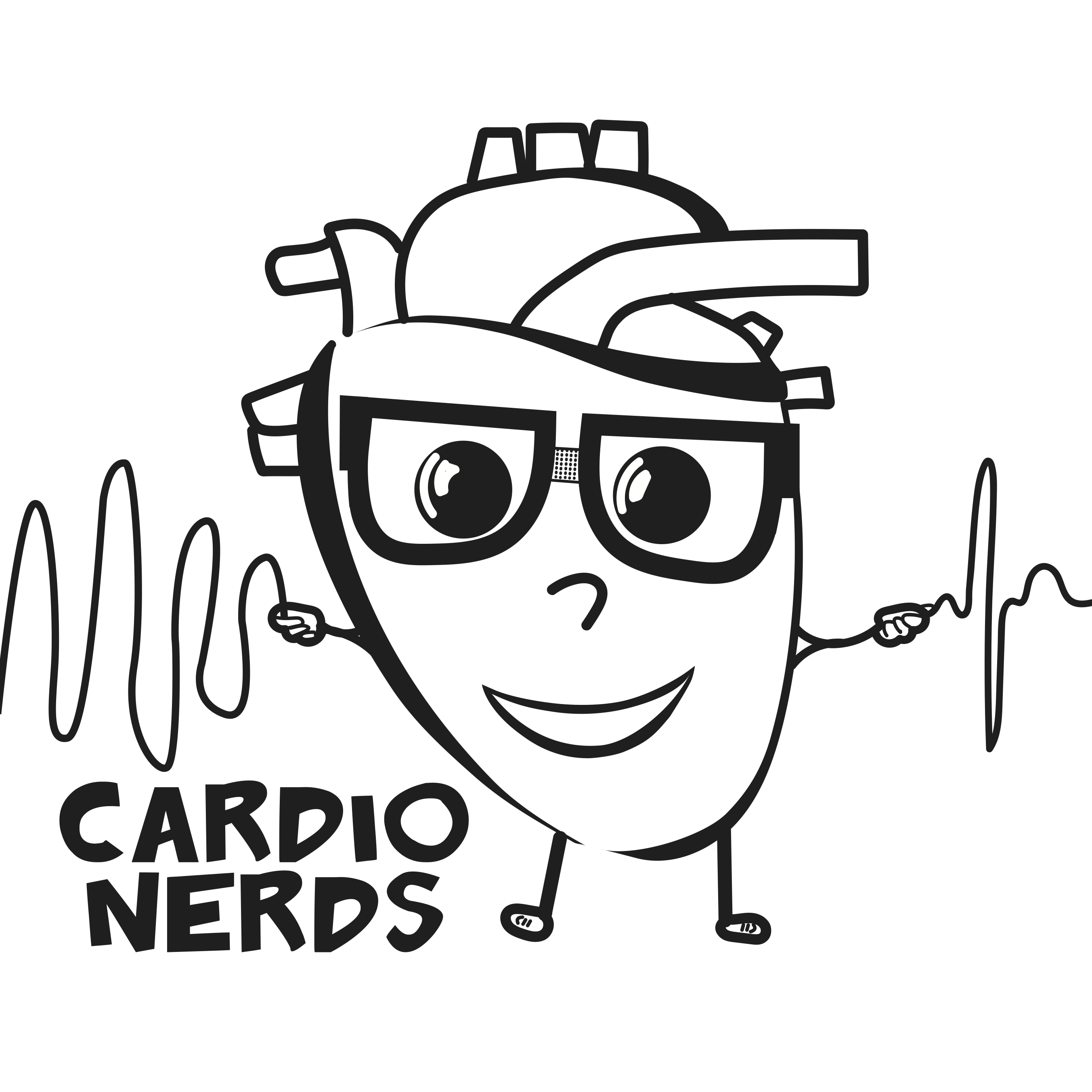298. Guidelines: 2022 AHA/ACC/HFSA Guideline for the Management of Heart Failure Question #19 with Dr. Clyde Yancy

The following question refers to Section 7.1 of the 2022 AHA/ACC/HFSA Guideline for the Management of Heart Failure.\n\nThe question is asked by New York Medical College medical student and CardioNerds Intern\xa0Akiva Rosenzveig, answered first by Lahey Hospital and Medical Center internal medicine resident and CardioNerds Academy House Faculty Leader\xa0Dr. Ahmed Ghoneem, and then by expert faculty\xa0Dr. Clyde Yancy.\n\nDr. Yancy is Professor of Medicine and Medical Social Sciences, Chief of Cardiology, and Vice Dean for Diversity and Inclusion at Northwestern University, and a member of the ACC/AHA Joint Committee on Clinical Practice Guidelines.\nThe\xa0Decipher the Guidelines: 2022 AHA / ACC / HFSA Guideline for The Management of Heart Failure\xa0series was developed by the CardioNerds and created in collaboration with the American Heart Association and the Heart Failure Society of America. It was created by 30 trainees spanning college through advanced fellowship under the leadership of CardioNerds Cofounders\xa0Dr. Amit Goyal\xa0and\xa0Dr. Dan Ambinder, with mentorship from\xa0Dr. Anu Lala,\xa0Dr. Robert Mentz, and\xa0Dr. Nancy Sweitzer. We thank Dr. Judy Bezanson and Dr. Elliott Antman for tremendous guidance.\nEnjoy this Circulation 2022 Paths to Discovery article to learn about the CardioNerds story, mission, and values.\n\t\t\t\t\t\t\t\t\t\t\t\t\t\t\t\n\nQuestion #19\n\n\n\nMs. M is a 36-year-old G1P1 woman 6 months postpartum who was diagnosed with peripartum cardiomyopathy at the end of her pregnancy. She is presenting for a follow up visit today and notes that while her leg edema has resolved, she continues to have dyspnea when carrying her child up the stairs. She also describes significant difficulty sleeping, though denies orthopnea, and notes she is not participating in hobbies she had previously enjoyed. She is currently prescribed a regimen of sacubitril-valsartan, metoprolol succinate, spironolactone, and empagliflozin.\xa0 What are the next best steps?\n\n\nA\nScreen for depression\n\n\nB\nCounsel her to follow a strict low sodium diet with goal of < 1.5g Na daily\n\n\nC\nRecommend exercise therapy and refer to cardiac rehabilitation\n\n\nD\nA & C\n\n\n\n\n\nAnswer #19\n\n\n\nExplanation\nThe correct answer is D \u2013 both A (screening for depression) and C (referring to cardiac rehabilitation) are appropriate at this time.\n\nChoice A is correct. Depression is a risk factor for poor self-care, rehospitalization, and all-cause mortality among patients with HF. Interventions that focus on improving HF self-care have been reported\n\nto be effective among patients with moderate/severe depression with reductions in hospitalization and mortality risk. Social isolation, frailty, and marginal health literacy have similarly been associated with poor HF self-care and worse outcomes in patients with HF. Therefore, in adults with HF, screening for depression, social isolation, frailty, and low health\n\nliteracy as risk factors for poor self-care is reasonable to improve management (Class 2a, LOE B-NR).\xa0\n\nChoice C is correct. In patients with HF, cardiac rehabilitation has a Class 2a recommendation (LOE B-NR) to improve functional capacity, exercise tolerance, and health-related QOL; exercise training (or regular physical activity) for those able to participate has a Class 1 recommendation (LOE A) to improve functional status, exercise performance, and QOL.\n\nChoice B is incorrect. For patients with stage C HF, avoiding excessive sodium intake is reasonable to reduce congestive symptoms (Class 2a, LOE C-LD). However, strict sodium restriction does not have strong supportive data and is not recommended. There are ongoing studies to better understand the impact of sodium restriction on clinical outcomes and quality of life. The AHA currently recommends a reduction of sodium intake to <2300 mg/d for general cardiovascular health promotion; however, there are no trials to support this level of restriction in patients with HF.\n\n\nMain Takeaway\nDepression is a risk factor for poor HF self-care and worse outcomes in pat...